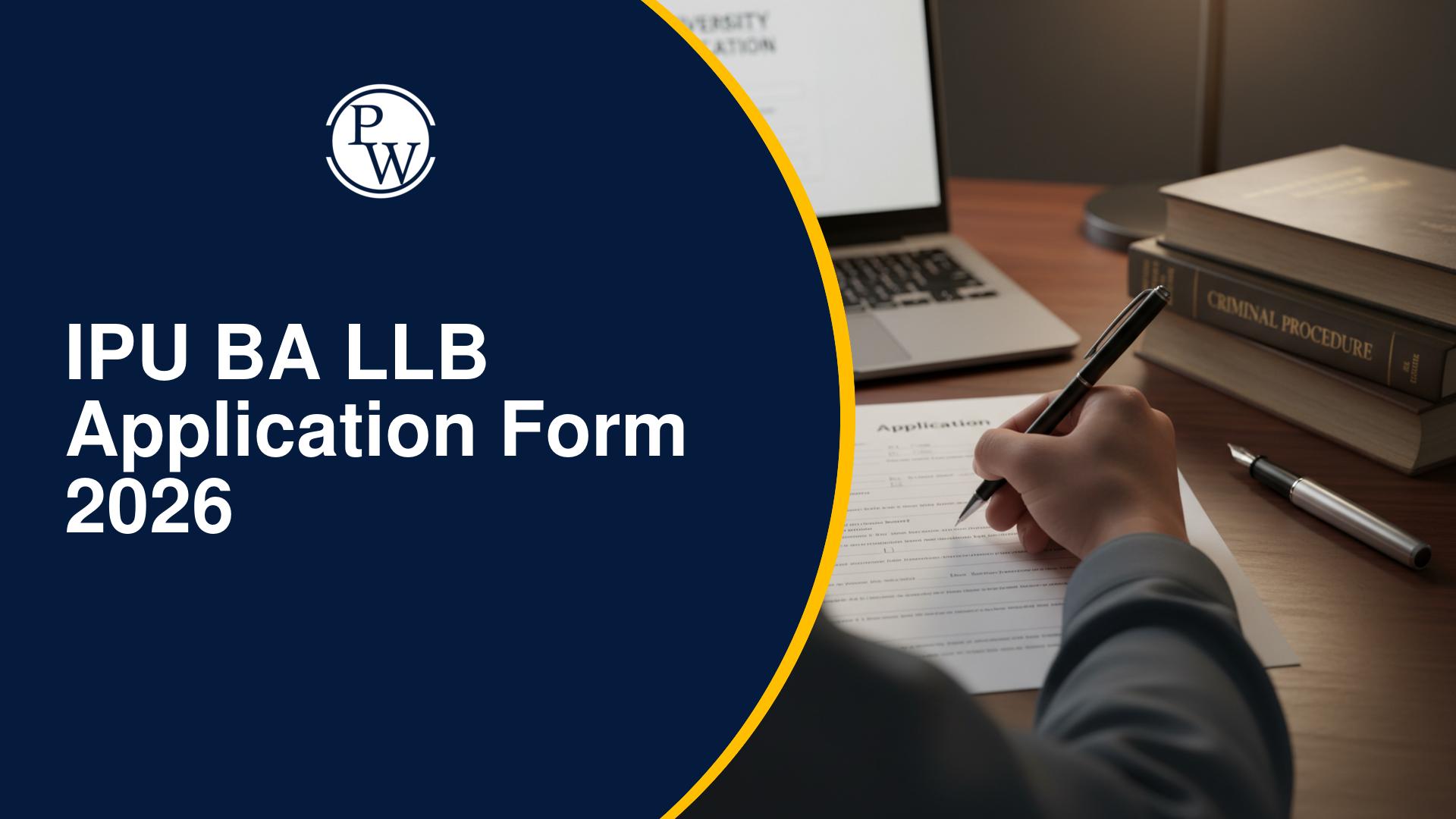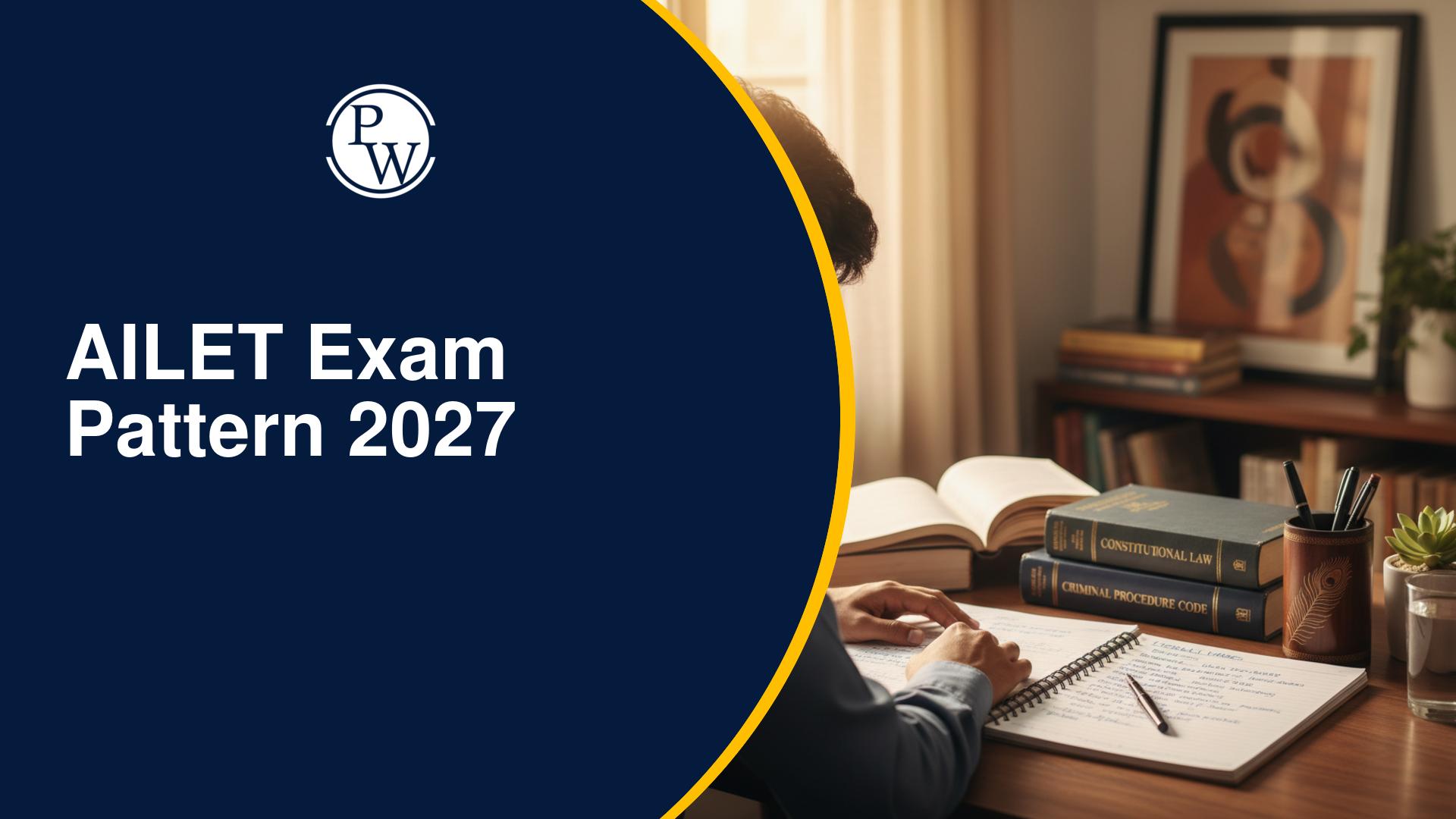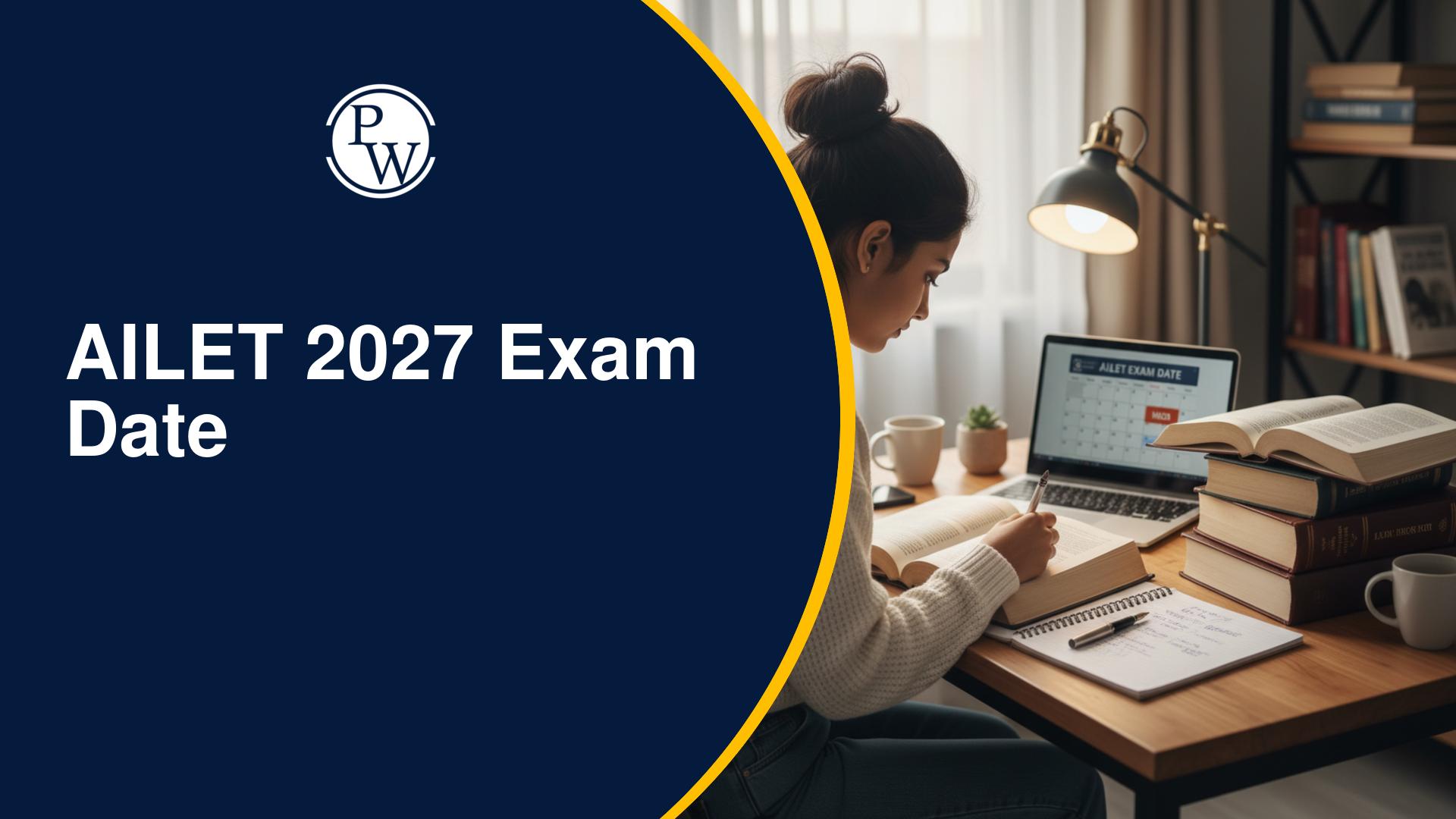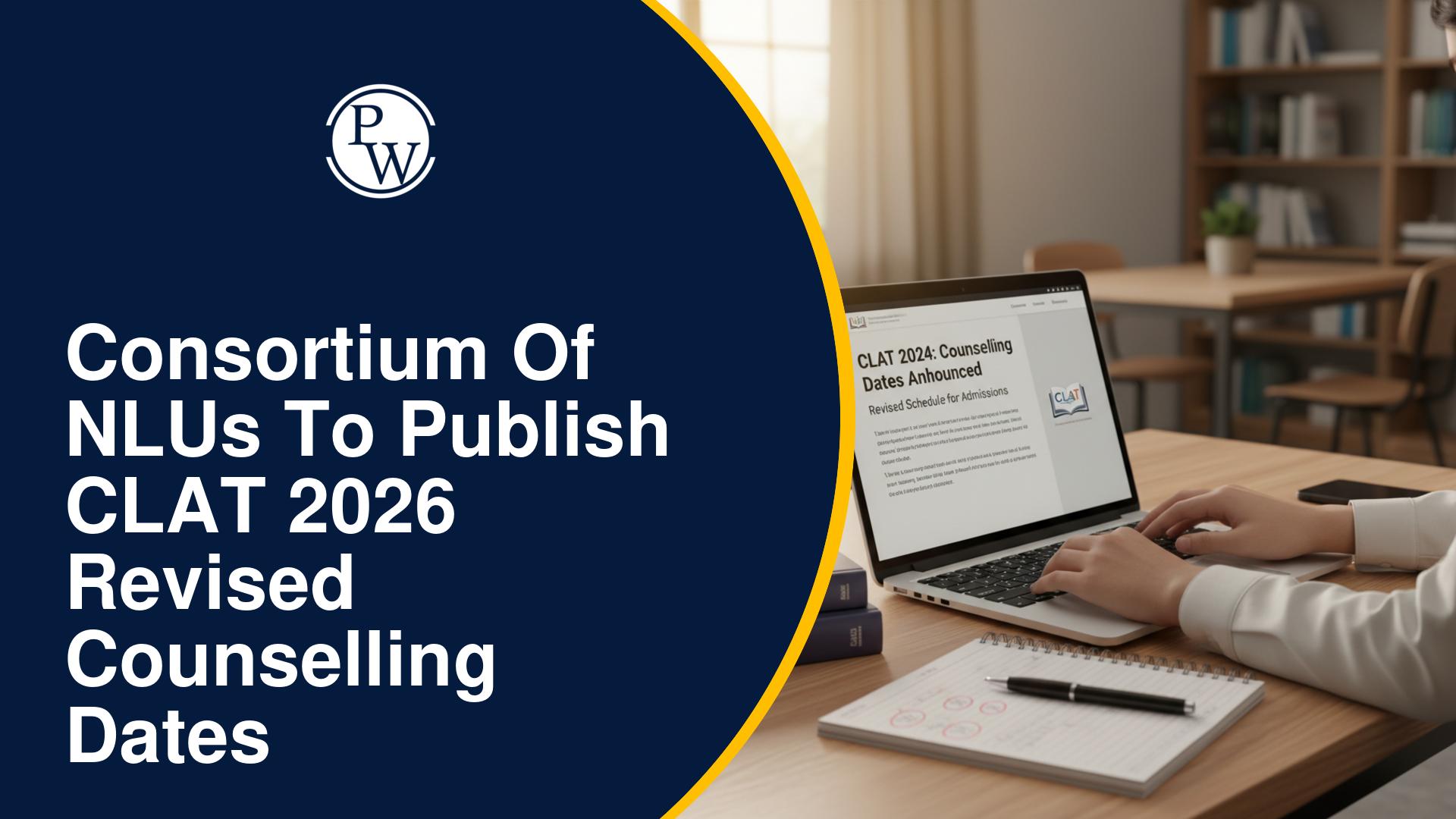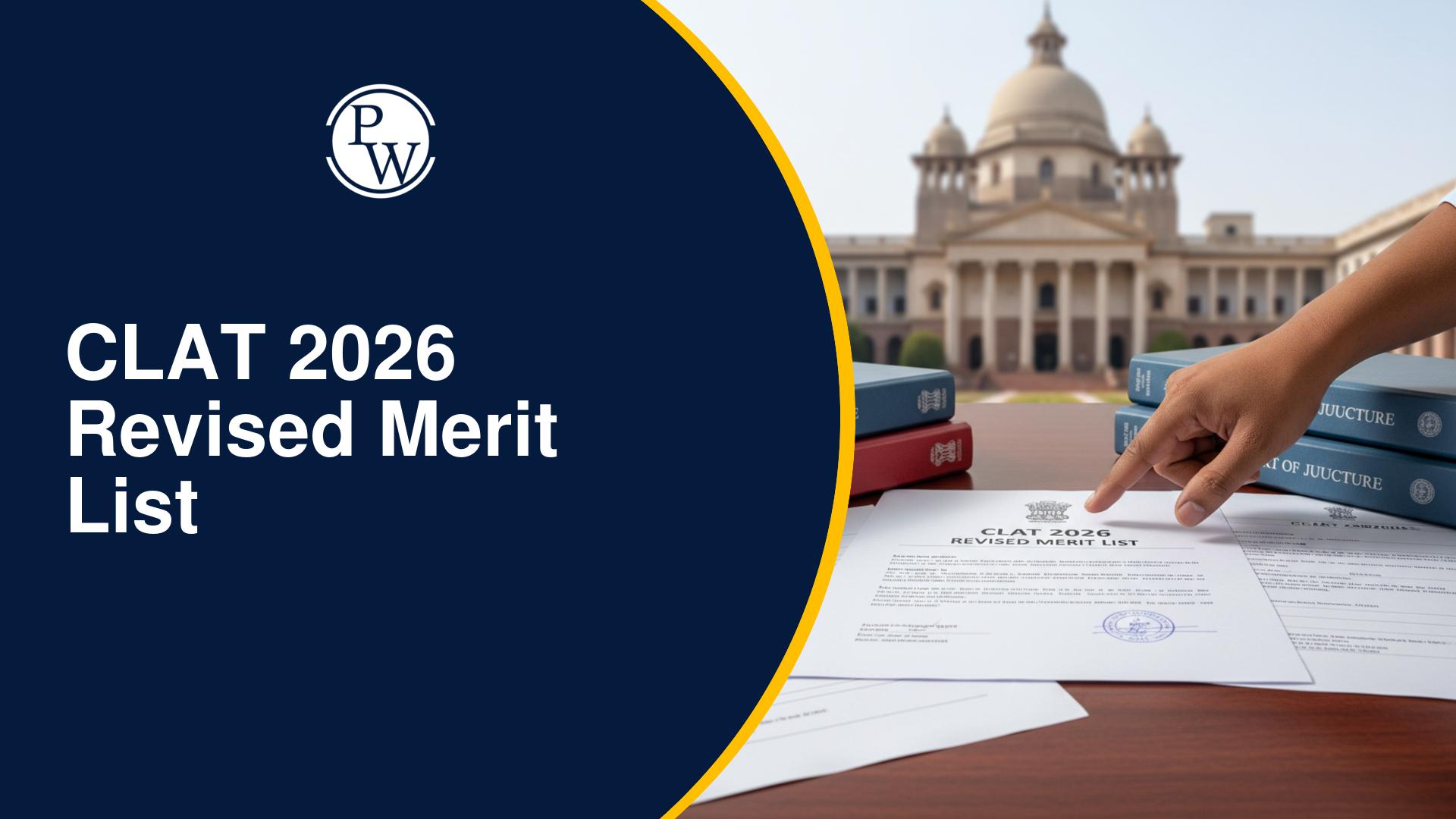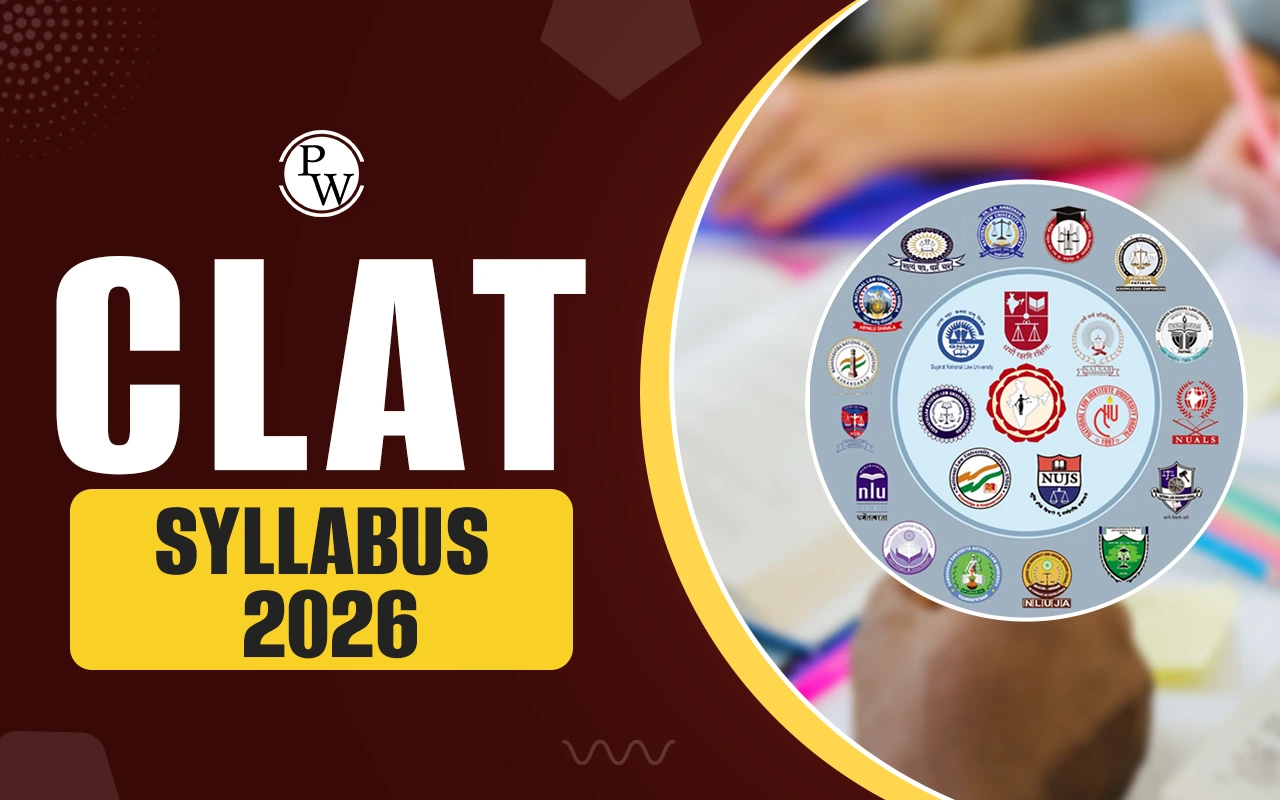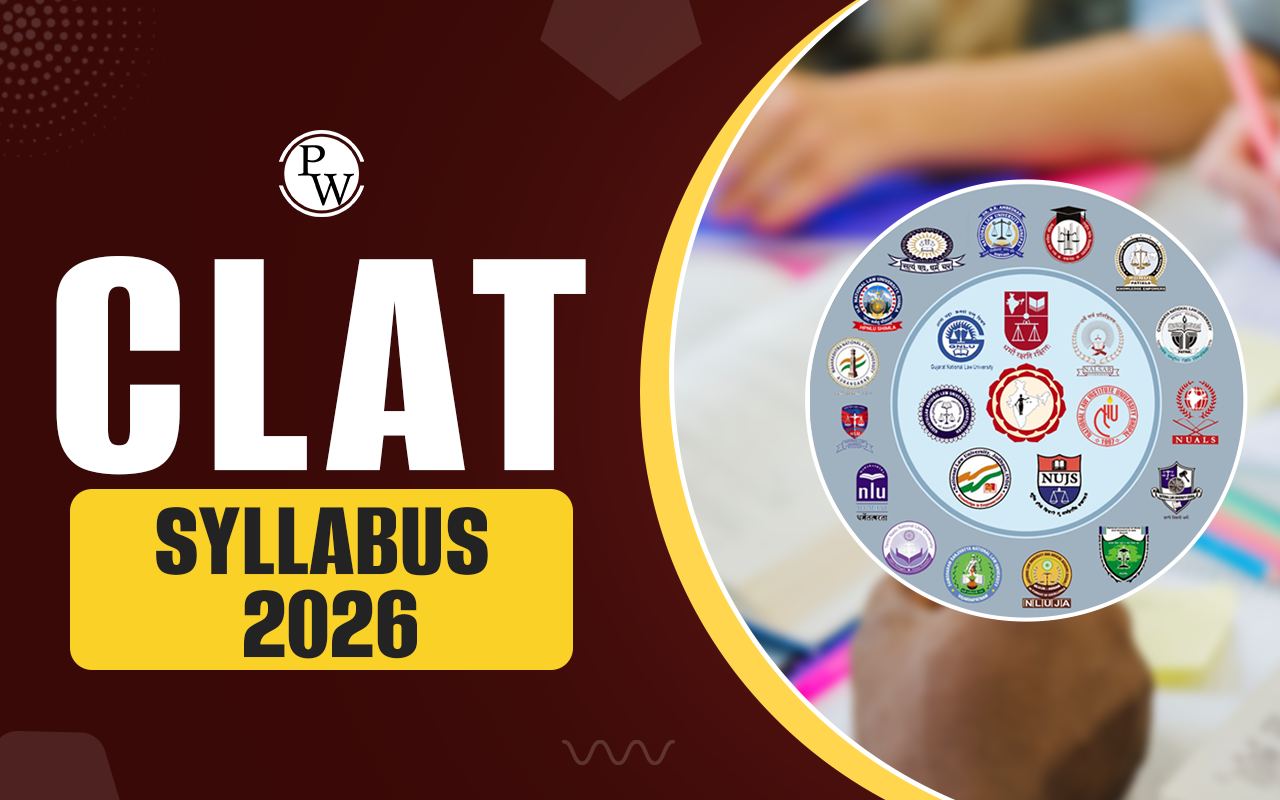
CLAT Legal Reasoning vs Legal Knowledge in CLAT : Legal Reasoning and Legal Knowledge are distinct yet interconnected components of the CLAT exam. Legal Reasoning tests your ability to comprehend, interpret, and apply legal principles to hypothetical scenarios, focusing on analytical and problem-solving skills rather than rote memorization. In contrast, Legal Knowledge assesses your familiarity with legal facts, current legal affairs, and basic legal concepts. In CLAT, both legal reasoning and legal knowledge play vital roles, but legal reasoning holds greater significance for exam success.
A strong grasp of legal reasoning boosts your CLAT scores and also helps in building a legal career. Contrary to having legal knowledge while preparing for CLAT will only give you clarity of concepts without its practical implications. Therefore, it's important to pay attention to improving your legal reasoning section for the CLAT entrance exam, rather than only learning concepts.
Checkout Law Books from PW Store
Importance of Legal Reasoning in CLAT
Legal reasoning is very important aspirant preparing for the CLAT entrance exam. This section assesses how well candidates can apply legal principles to real-life scenarios and think critically, skills that are essential for both law school and a legal career. This section is not just about knowing laws, but about understanding, interpreting, and logically applying them to solve problems, making it a decisive factor in CLAT success.
- Legal reasoning accounts for about 25% of the total marks in CLAT. It is one of the most heavily weighted and influential sections.
- It tests your ability to comprehend passages, identify relevant legal principles, and apply them logically to new fact situations, reflecting real-world legal problem-solving.
- The section is designed to evaluate analytical thinking, interpretative skills, and ethical reasoning, all of which are crucial for a future in law.
- Prior legal knowledge is not required, as all necessary principles are provided in the questions, emphasizing skill over memorization.
- A good grasp in legal reasoning helps in tie-breaker situations, often determining admission to top law schools when candidates have similar overall scores.
- Regular practice in this section builds confidence, sharpens judgment, and prepares candidates for the analytical demands of law school and the legal profession.
- Legal reasoning questions are diverse, covering areas like contracts, torts, criminal law, constitutional law, and current legal affairs, ensuring comprehensive legal aptitude assessment.
Legal Reasoning vs Legal Knowledge in CLAT Preparation
In CLAT preparation, both legal reasoning and legal knowledge are important, but legal reasoning takes precedence as it forms a significant part of the exam and tests your ability to apply principles to new scenarios. While legal knowledge can provide useful context and speed, the exam primarily evaluates your skill in interpreting and applying legal concepts provided in the passages, making legal reasoning the more crucial component for success.
- Legal reasoning in CLAT tests your ability to comprehend, interpret, and apply legal principles to hypothetical scenarios, while legal knowledge focuses on recalling facts, laws, or current legal events.
- The legal reasoning section is designed to assess critical thinking, analytical skills, and problem-solving capacity, which are foundational for law school and real-world legal practice.
- Prior legal knowledge is not mandatory for CLAT’s legal reasoning questions, as all necessary principles are provided within the exam, emphasizing logical application over memorization.
- Excelling in legal reasoning can significantly boost your overall CLAT score, as it carries about 25% weightage and is often a tie-breaker for admissions to top law schools.
- Legal knowledge is helpful for context and confidence, especially in current affairs and general awareness sections, but it is not the primary focus of the legal reasoning segment.
What’s More Important, Legal Reasoning vs Legal Knowledge?
Both legal reasoning and legal knowledge play important roles in CLAT preparation, but legal reasoning is more crucial for success in the exam. Legal reasoning tests your ability to comprehend, interpret, and apply legal principles to real-life scenarios.
While legal knowledge can provide useful context, CLAT evaluates your reasoning and analytical abilities, not your memory of legal facts or statutes. Having a good grasp of the legal reasoning not only boosts your exam score but also prepares you for the kind of thinking required throughout your legal career.
Legal Reasoning vs Legal Knowledge in CLAT FAQs
What is the difference between legal reasoning and legal knowledge in CLAT?
Which section carries more weight in CLAT?
Do I need prior legal knowledge to solve legal reasoning questions?
How are legal reasoning questions structured in CLAT?
Are there negative marks for incorrect answers in the legal reasoning section?

